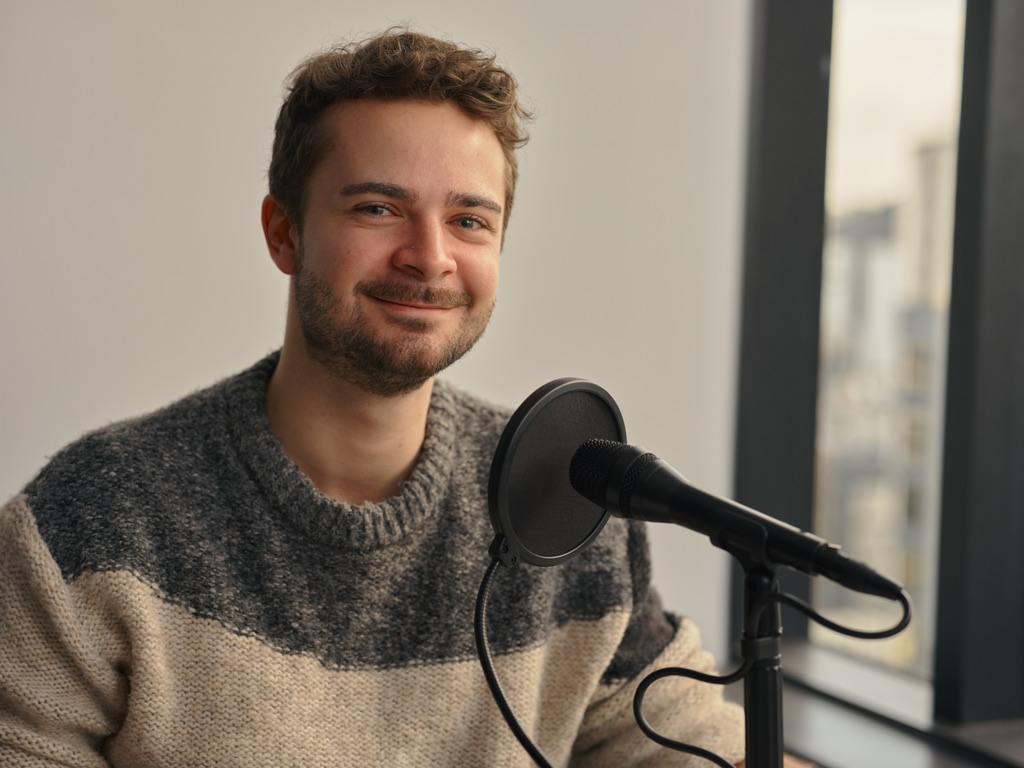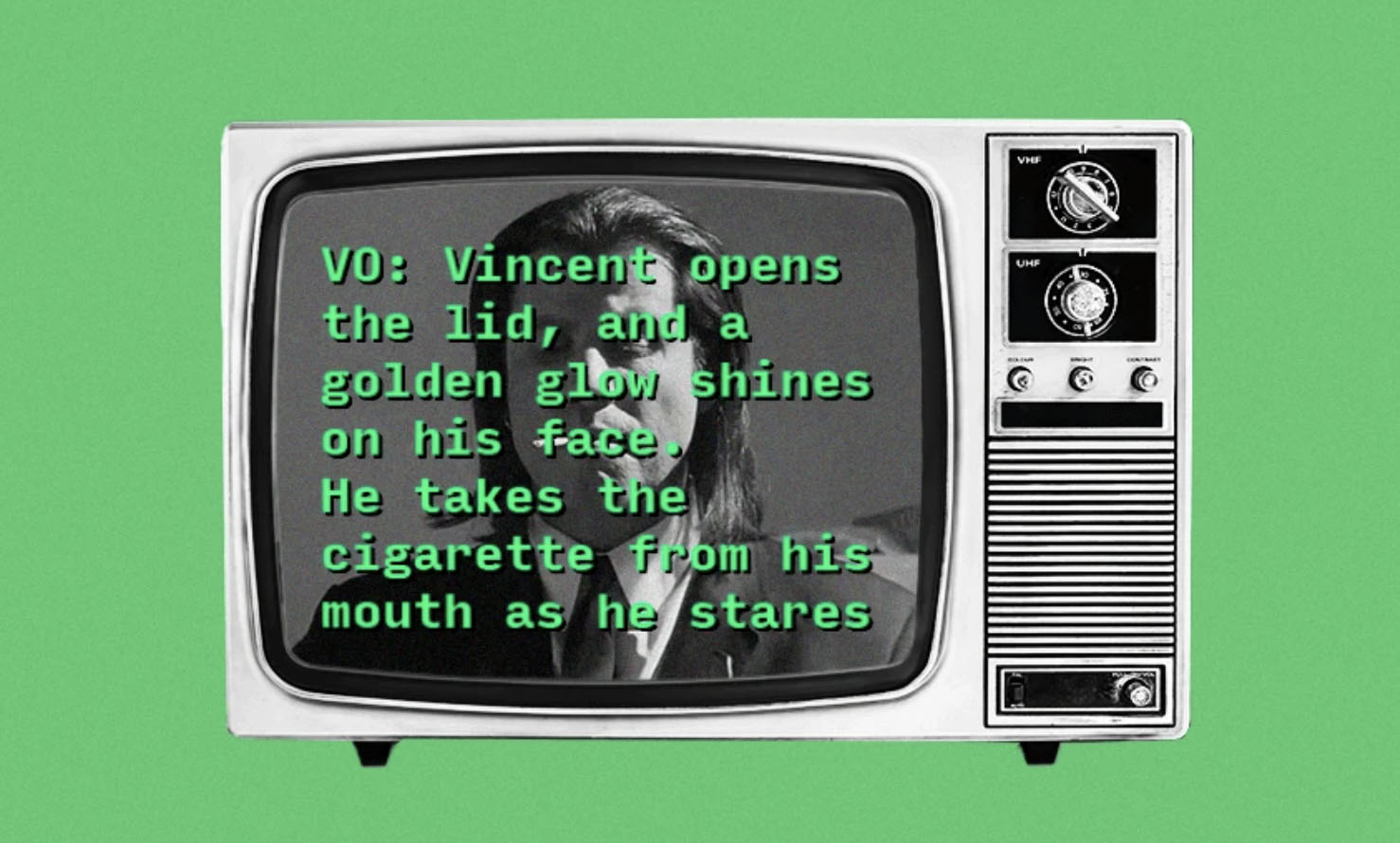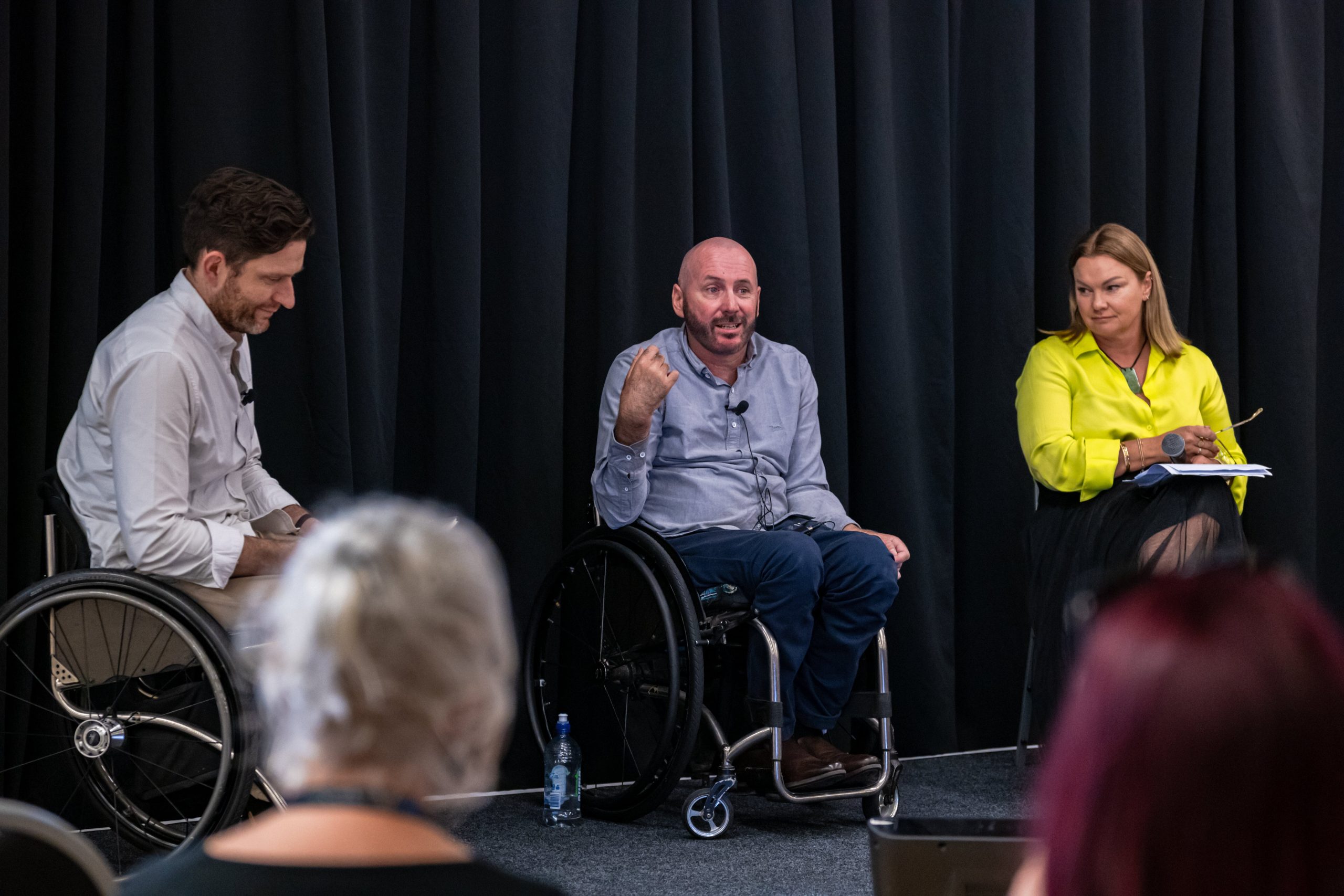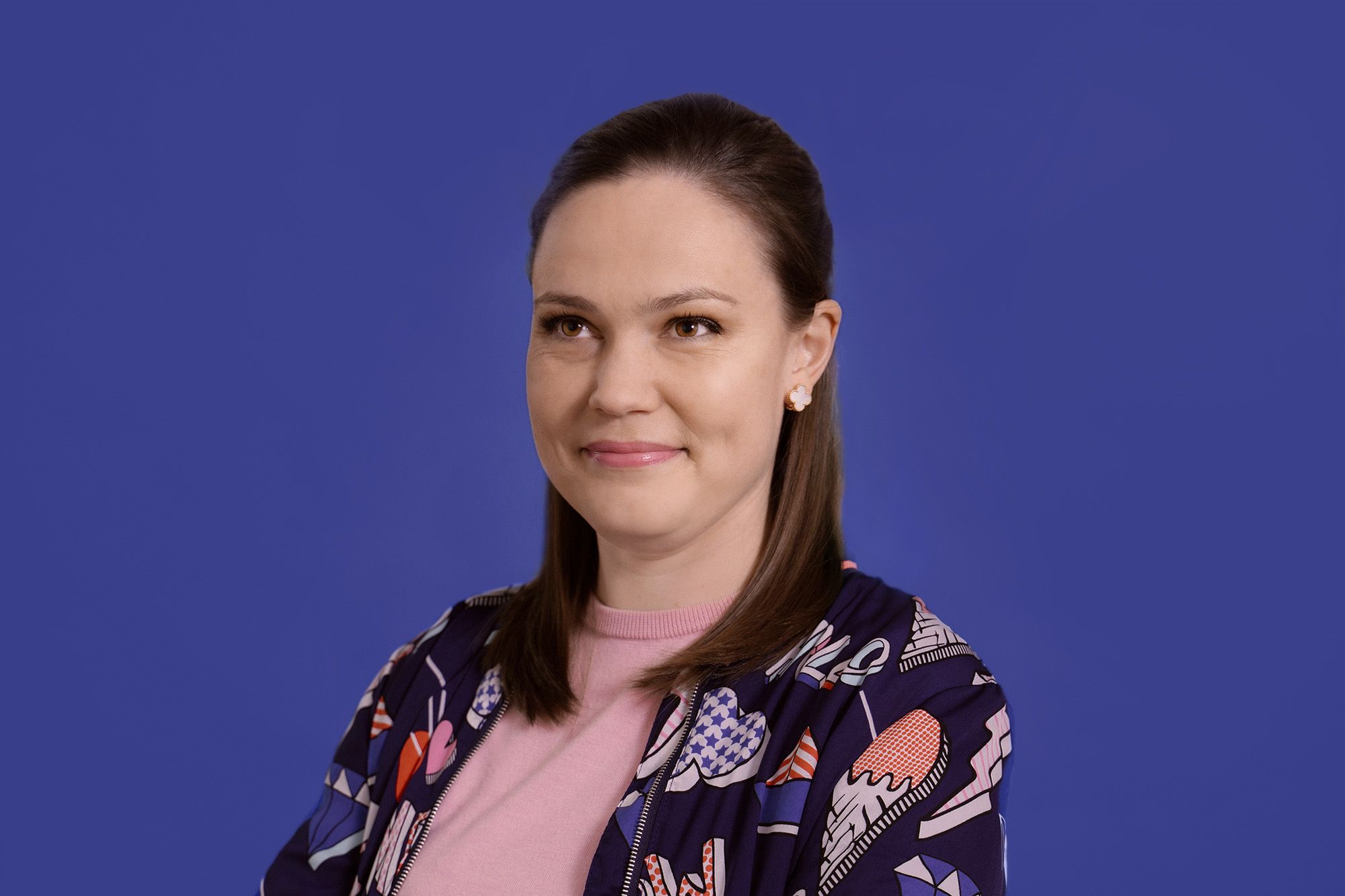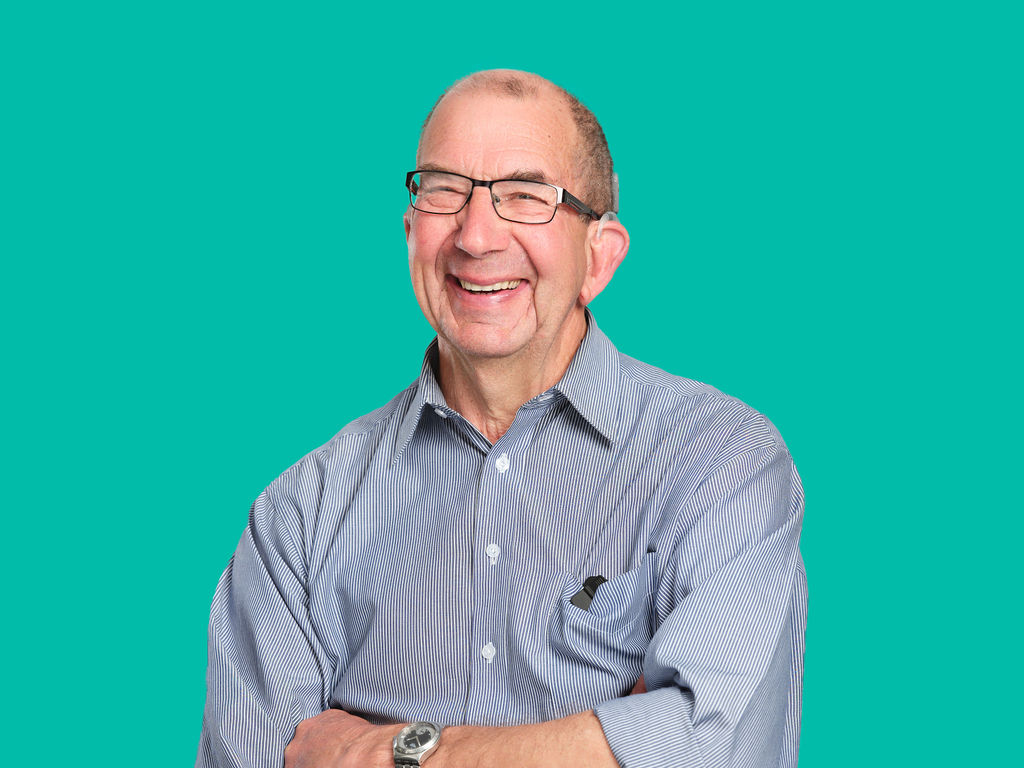Kia ora, Clive. I’ve heard that you were instrumental in audio description advocacy, prior to its introduction to New Zealand. What was your role in that?
Well, look, it goes right back. I’ve been involved with Blind Citizens NZ since the early 1980s, where I met my partner, Mary Schnackenberg, who was also strongly involved in the organisation. We were keenly interested in audio description (AD) once we began to see examples of it overseas.
Sometime in the early 1990s, we began to put pressure on the authorities to introduce audio description into New Zealand. I remember in those days, you had to pay a licence fee to have a television, and Mary and I decided to refuse to pay the fee until there was audio description, as we felt we weren’t getting the full benefit of it.
It turned out AD wasn’t technically feasible in the analogue system we had at the time. But when we switched to digital TVs, some of us saw it as an opportunity to act. Before any free-to-air digital TV standards were set by the Freeview Consortium, we managed to gain some traction on our thinking that if the right digital standards were set from the outset, the system could support AD. And we succeeded. This was several years before the first AD broadcast took place.
We worked with the Freeview Consortium, where they agreed that if they could do it, they would do it. This is where it gets technical, with the audio mix options, but basically we got to a point where it became embedded in Freeview – so if you had the Freeview logo, that meant you could turn on audio description. The decisions we made ensured that AD was available on all Freeview box televisions and equipment, and also any Sky TV boxes as well, that were playing TV1 and TV2 relays at the time.
This is important, because, Australia, for example, opted for proprietary equipment that the government would fund for blind people to have. But that meant that you could only have audio description if you were at home with your special equipment, not if you were in a hotel or at a friend’s place. So I still feel that was a great achievement on our part and is embedded now in our history.
Getting in prior to things being set up seems quite vital because we’re seeing that issue again, with digital on demand platforms.
Yes, and there aren’t standards for those. But there are solutions: entities like Netflix, Disney and others have solved that problem, so we know it can be done.
That connects well with my next question, which is, how would you hope that audio description services evolve in New Zealand?
Wel, l do hope that they evolve at all, full stop. They need to be integrated with the culture of television. So there is some work to do. There is still some reluctance – there needs to be genuine acceptance that audio description is relevant. We’ve still got this resistance in the industry: it’s too expensive, or they haven’t thought of it.
Television as we know it has evolved. I can remember as a child, growing up in the 60s and 70s, you could enjoy most television programs – you didn’t feel you were missing anything by not seeing it. That really began to change as filmmakers began to explore more what they could do with video. So the days of television being just radio with pictures has changed.
We’re not holding them to account enough. I recall emails with TVNZ as early on as 2014–2015 about their On Demand plans. So it’s disappointing that it still hasn’t resulted in an accessible audio description experience for blind people. I think that most blind people know that you can get good audio-described experiences on other networks.
Yeah. So they’re missing out on an audience, really?
Yes, absolutely. And they are an audience. I think we have to let people know that blind people are part of the audience. Audio description helps illuminate what’s going on. It isn’t exactly the same as the filmmaker intended, because the filmmaker intends that you see it, there’s no doubt about that. But a very good audio describer can give a blind person a window into that experience.
So I think filmmakers need to understand that, you know, we’re not asking them to change what they do, but we’re asking them to cooperate with audio describers who know how to create a description of the artistic experience that the filmmaker has created so that a blind person can appreciate it.
That has to be understood.
